Forty-four freshman engineering students spent two weeks in Merida, Yucatan, Mexico, participating in the Engineering Learning Community Introduction to Research (ELCIR) Project, an academic program under the umbrella of The Yucatan Initiative Project. The students took an introduction to research course while also participating in various areas of lab research in collaboration with research facilities in the State of Yucatan.
This is the third year of the ELCIR program, which gives freshman engineering students and Regent Scholars the opportunity to gain exposure to research and studying in a different cultural setting. The goal of this program is to positively impact the student’s academic journey, leading them towards a path of research, while simultaneously cultivating their international cultural experiences.
This summer’s study abroad program was led by Dr. Zenon Medina-Cetina, associate professor in the Zachry Department of Civil Engineering, along with Dr. John Walewski, associate professor of practice in the Zachry Department of Civil Engineering.
The ELCIR program has been successful over its three year existence because of contributions and collaboration from Dr. Maria Alves, director for Halliburton Engineering Global Programs and Dr. Sonia Garcia, senior director for Texas A&M Access & Inclusion Program. As well as funding for the Texas A&M Regents Scholars of the program provided by Louis Stokes Alliance for Minority Programs (LSAMP). All the cultural events and visits of the program are sponsored by the Government of Yucatán, while the lab visits in Merida are sponsored by members of the Yucatan Research Consortium whom participate in the Yucatan Initiative Project.
This year’s program was split into two groups, one half of the students attended class at the Universidad Marista de Merida, where the course was co-instructed by Dr. Javier Espinosa, Dr. Manuel Rodriguez Achach and Medina-Cetina. While the other half of the group was located at The Universidad Politecnica de Yucatán (UPY), instructed by Walewski.
The two-week program consisted of 3-hour morning class sessions followed by ‘hands-on’ lab research experiences in various disciplines at facilities of the Yucatan Research Consortium (aka SIIDETEY), as well as cultural visits throughout the Yucatan Peninsula.
“The impact of the ELCIR program is unprecedented due to both the course curriculum and the hands-on research experiences at SIIDETEY labs.” Medina-Cetina said, “Students that have taken this course before show an interest in engineering research early in their academic career path, and a new interest in developing international engineering collaborations through research.”
The students were greeted by their host families, at the Merida Airport, whom they lived with for the majority of the trip. They took a tour of Merida on the first full day of the trip, followed by a family host day and then they had an introduction day before classes and laboratory tours began on Tuesday.
*Click HERE to learn more about the ELCIR Program and HERE to learn more about the Yucatan Initiative
*To see more pictures from ELCIR 2017 follow the link to our Flickr Album Here
Article written by Anna Heller

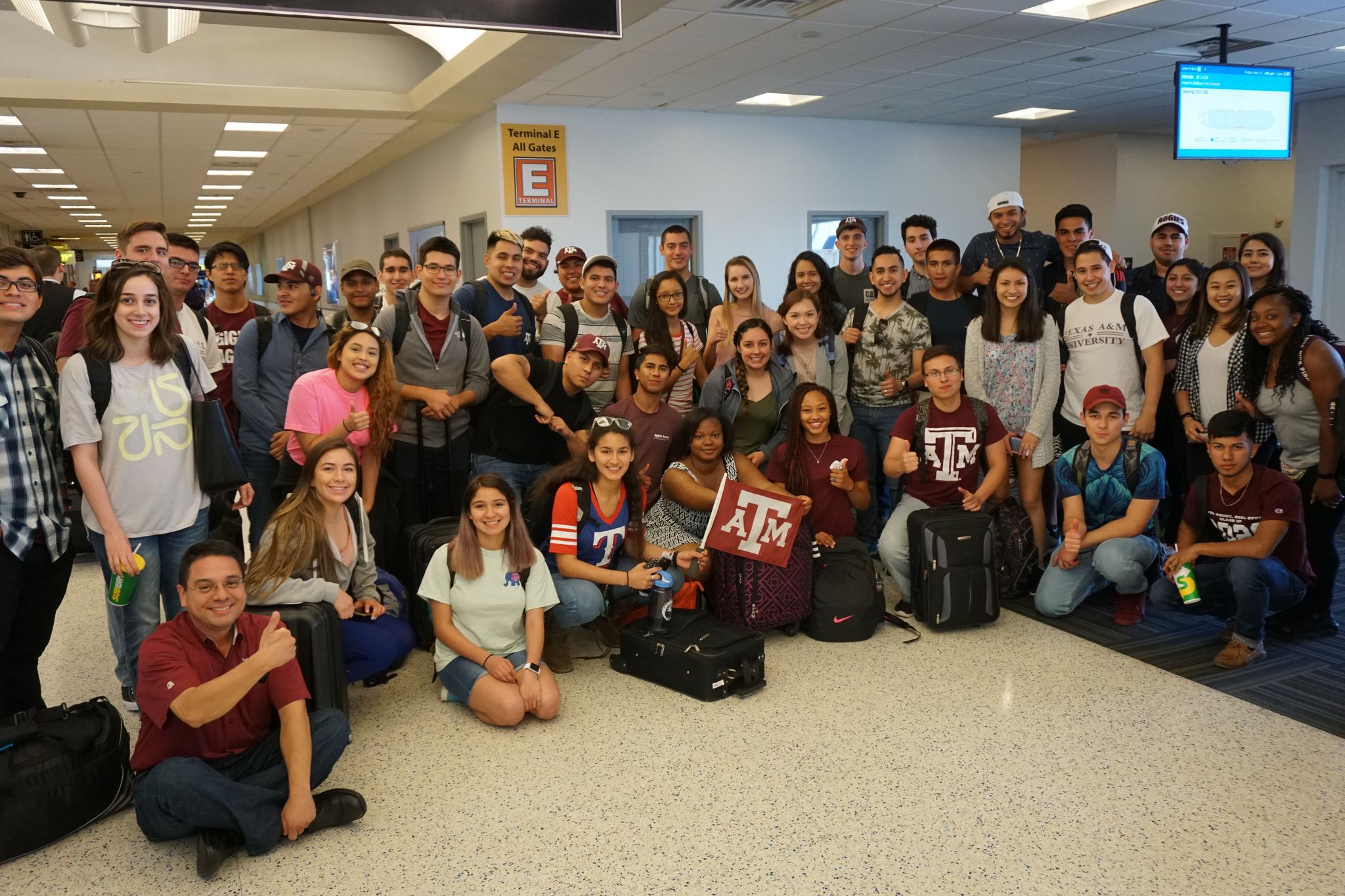
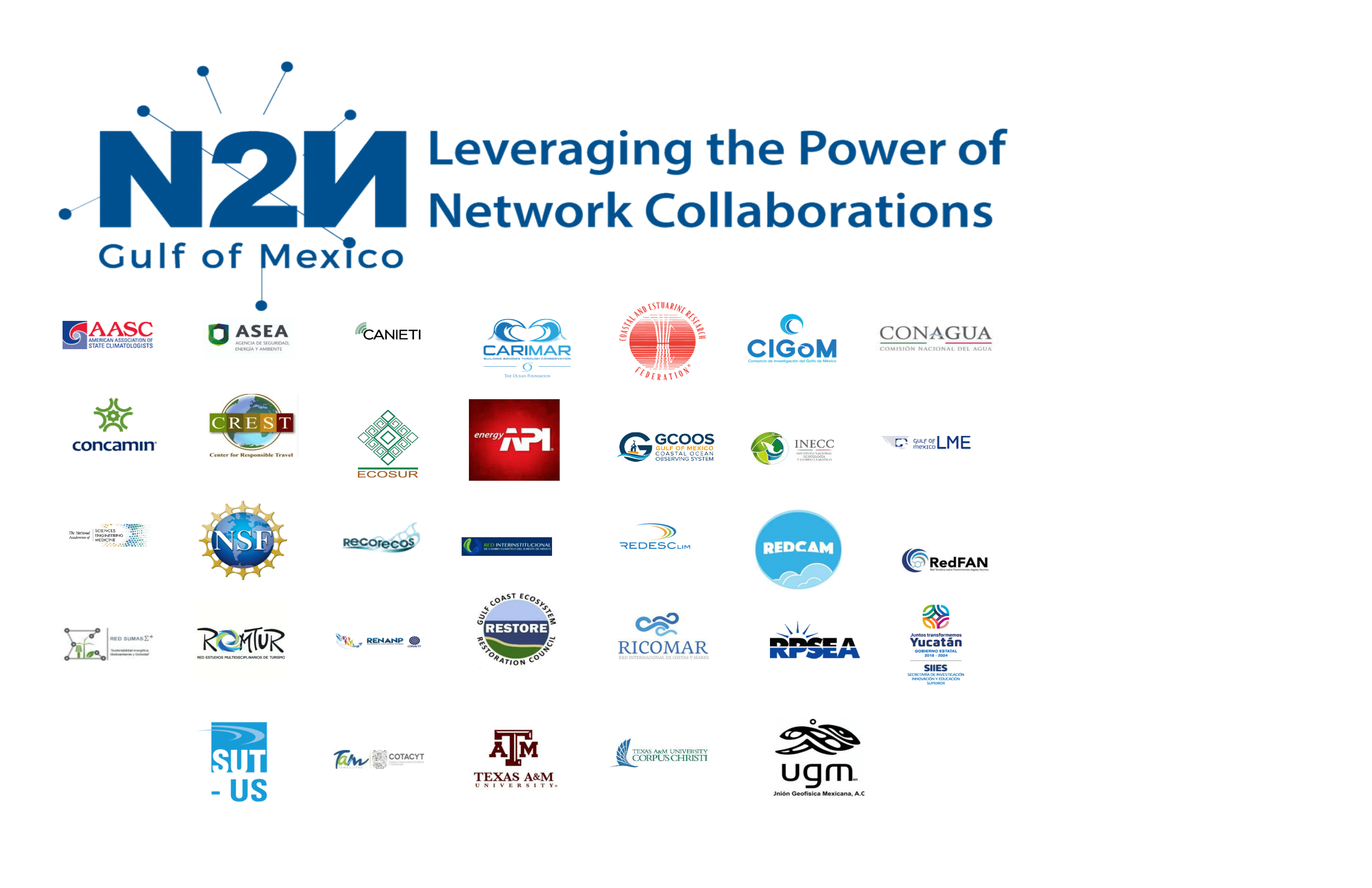
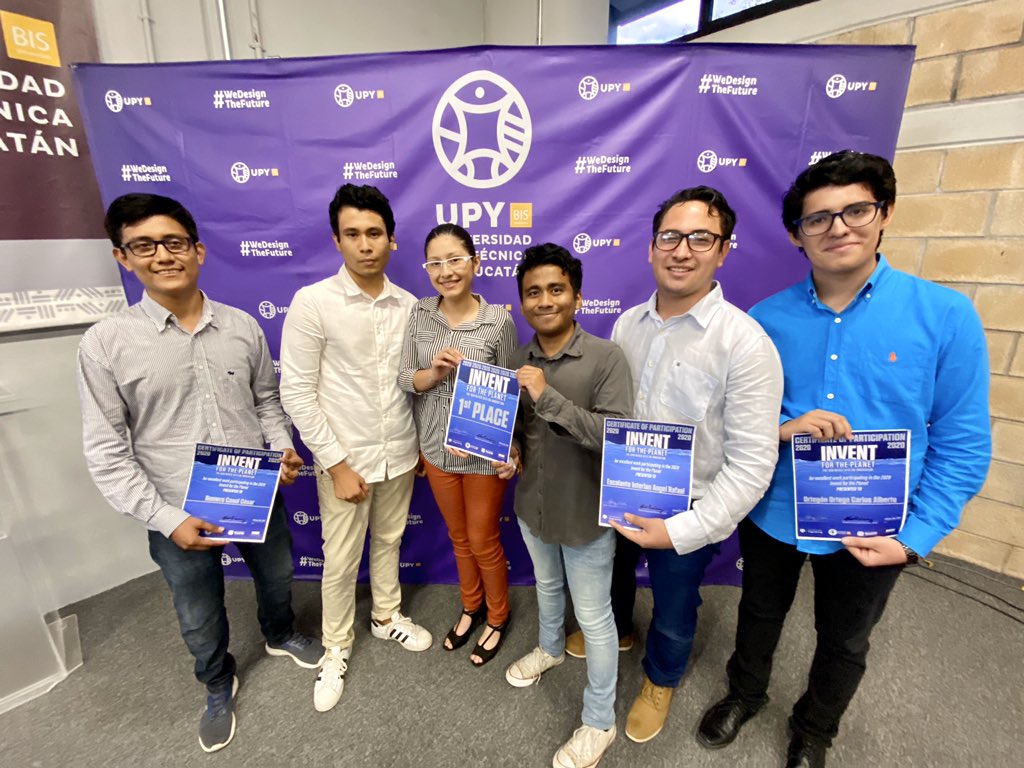
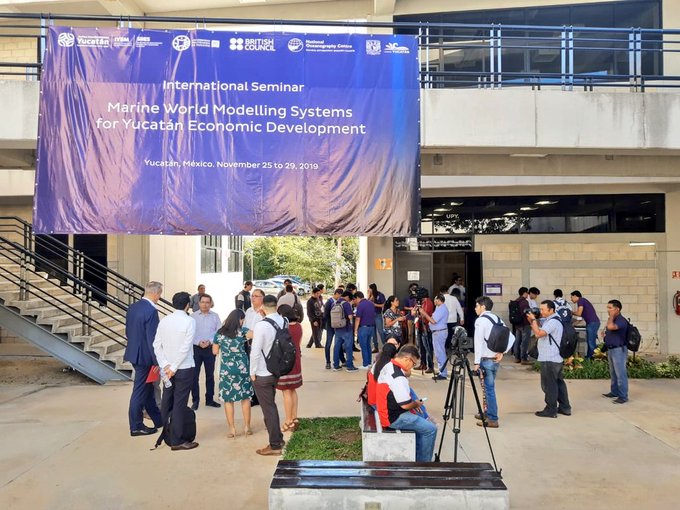
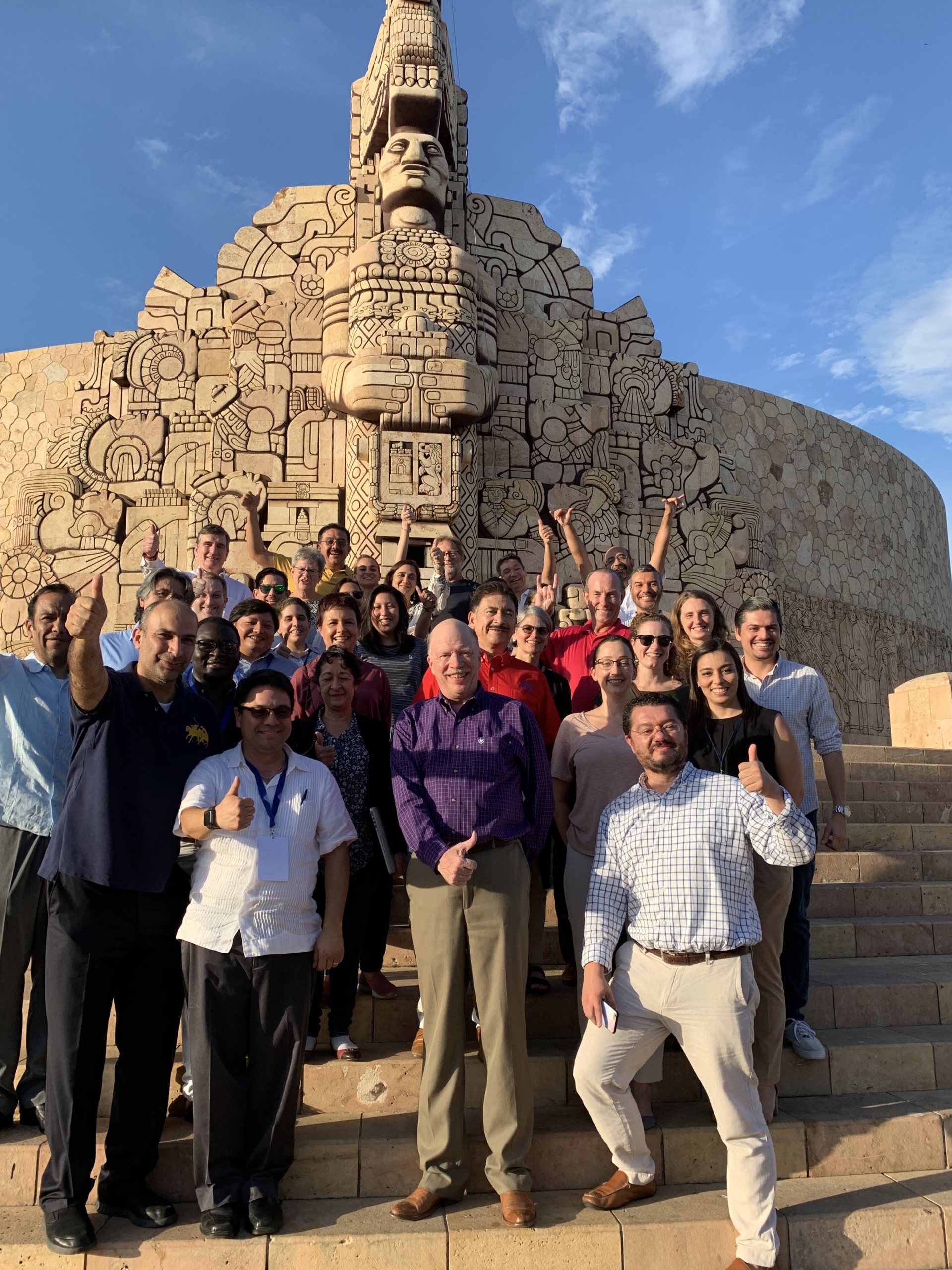
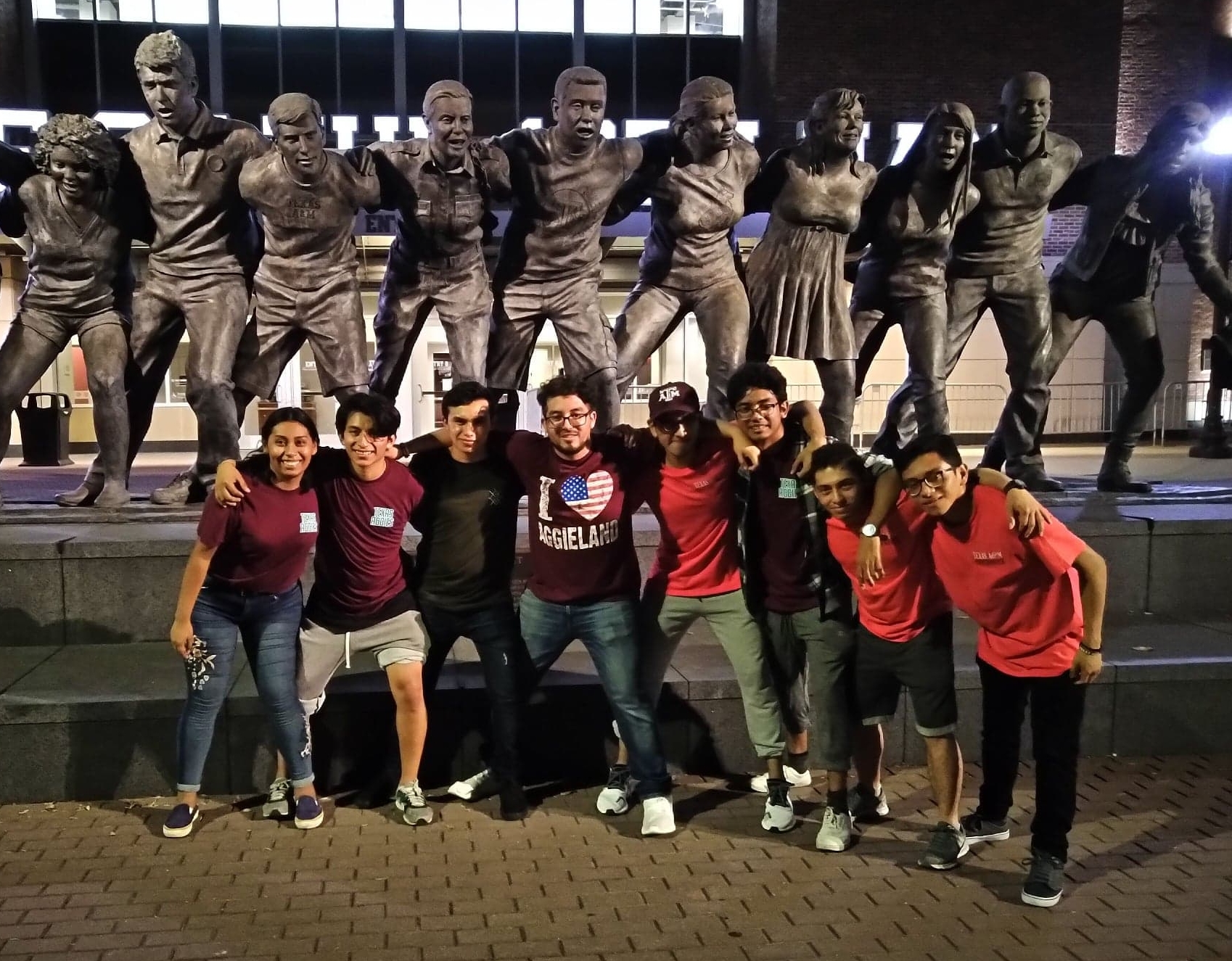
Follow Us